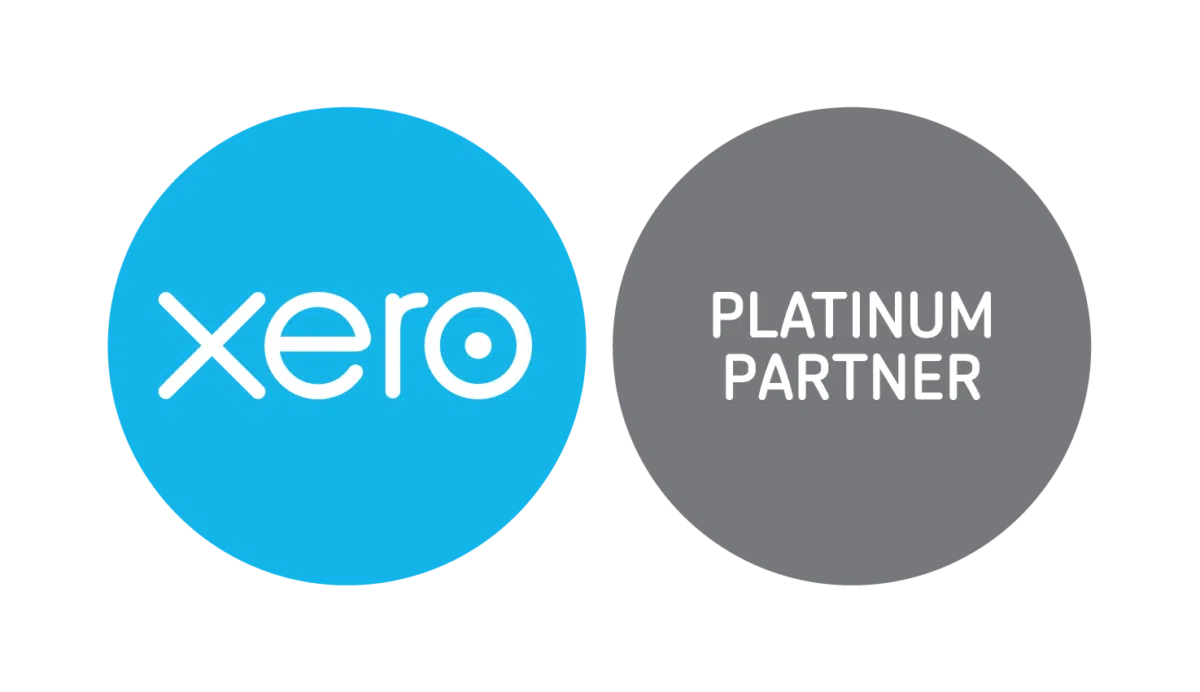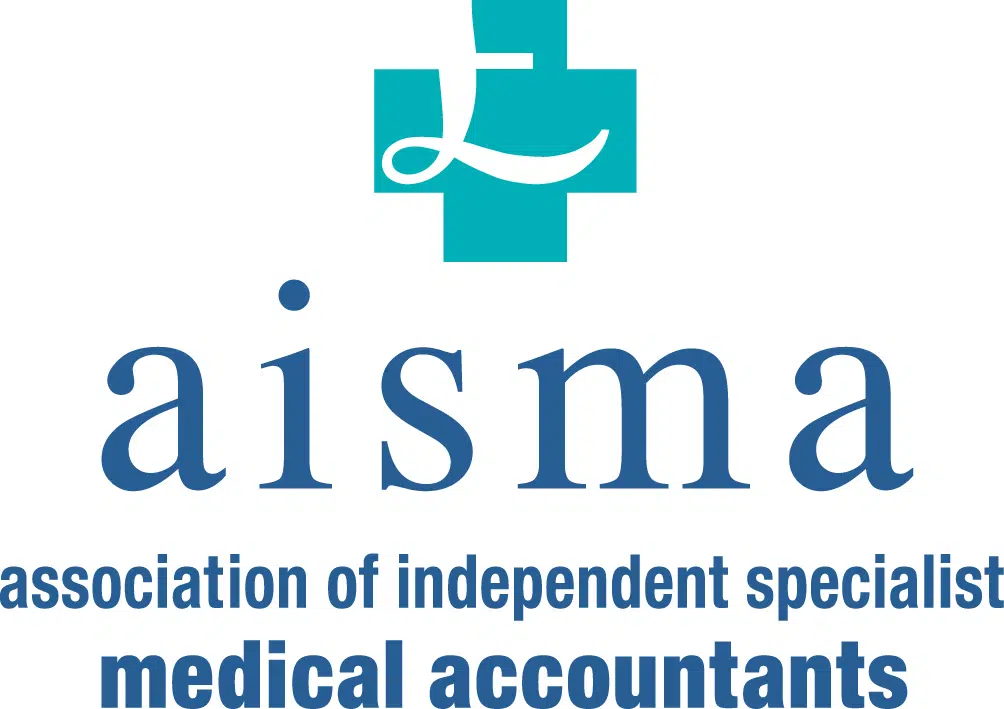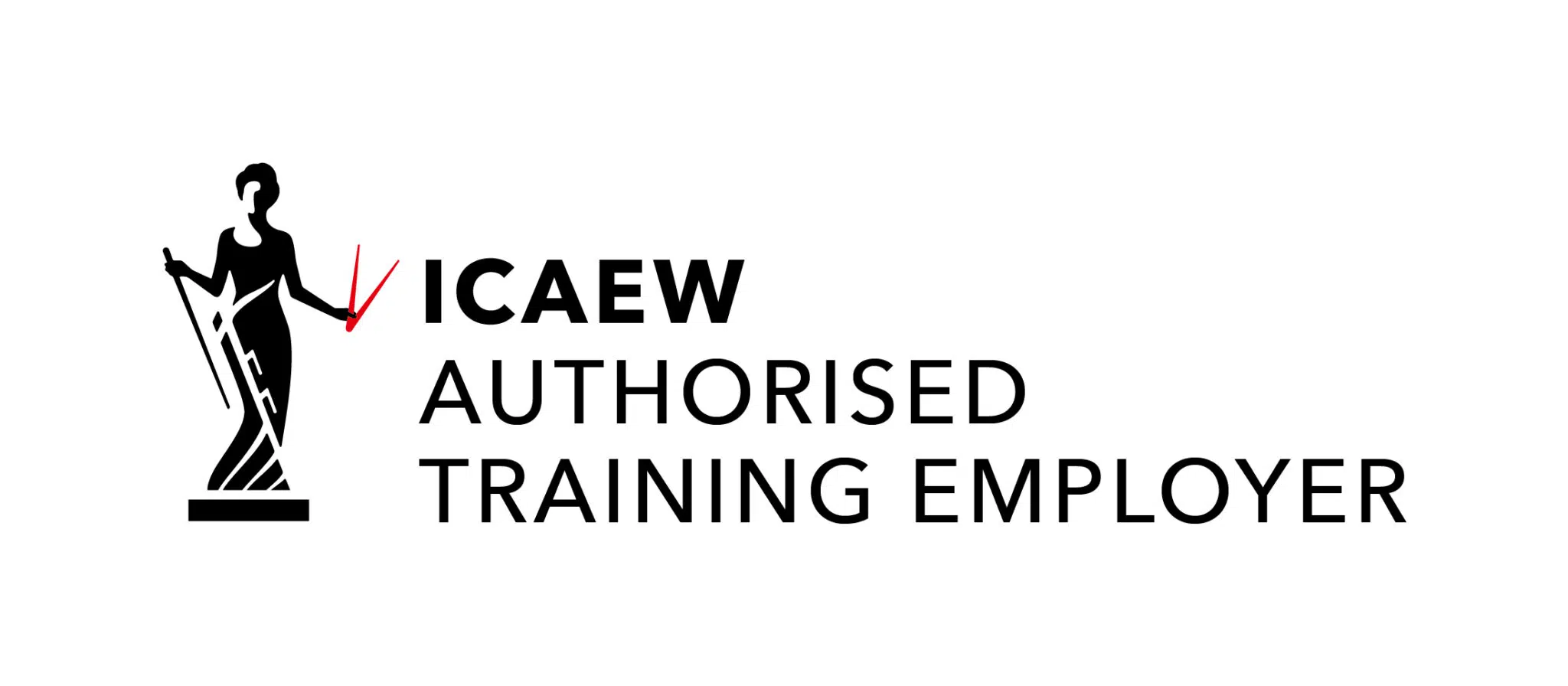Double blow for double cab pickups
Published: 19th February 2024
Company cars have become increasingly expensive for both employers and employees in recent years, unless employees opt for hybrid or wholly electric choices. However many have taken advantage of a perceived loophole to enjoy the more favourable tax treatment applying to company-owned vans. The “loophole” comes about because HMRC has previously applied the VAT definition of a “van”, which depends on the vehicle having at least a one tonne payload. However, a 2020 Court of Appeal involving Coca-Cola ruled that applying the VAT definition was not appropriate for income tax purposes, finding that this was too narrow a margin, e.g. two virtually identical vehicles with slightly different payloads could be classed differently.
Instead, the approach from 1 July 2024 will be to determine the status of a vehicle as a van or car by looking at the primary suitability at the time it is provided, i.e. is it primarily suited to convey goods? If so, it will be a van. However, as most double cab pickups are equally suited to carrying passengers they will be classed as cars.
There will be a transition period for vehicles already ordered, purchased, or leased before 1 July 2024, as detailed in HMRC’s employment income manual. Such vehicles will continue to be treated under the VAT rules (i.e. as a van) until the earlier of:
- disposal date
- lease expiry date; or
- 5 April 2028.
The change will also affect the employer’s position for capital allowance purposes. Vehicles classed as cars are subject to far more restrictive capital allowances. Cars generally don’t qualify for the annual investment allowance or full expensing. Again, there is a transition period, but this will only apply to expenditure incurred between 1 July 2024 and 31 December 2024 where the contract was entered into before 1 July 2024. Further information is available in the capital allowances manual.











